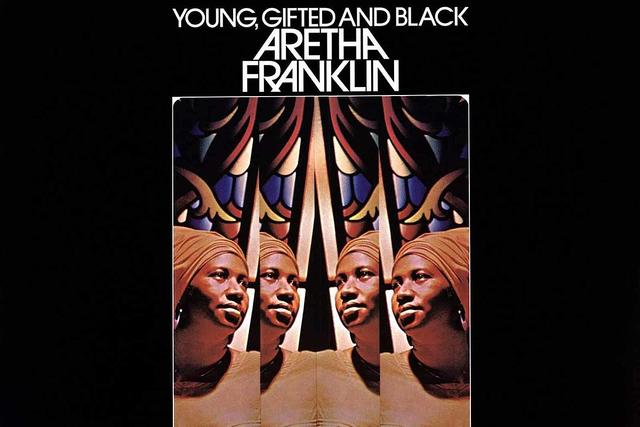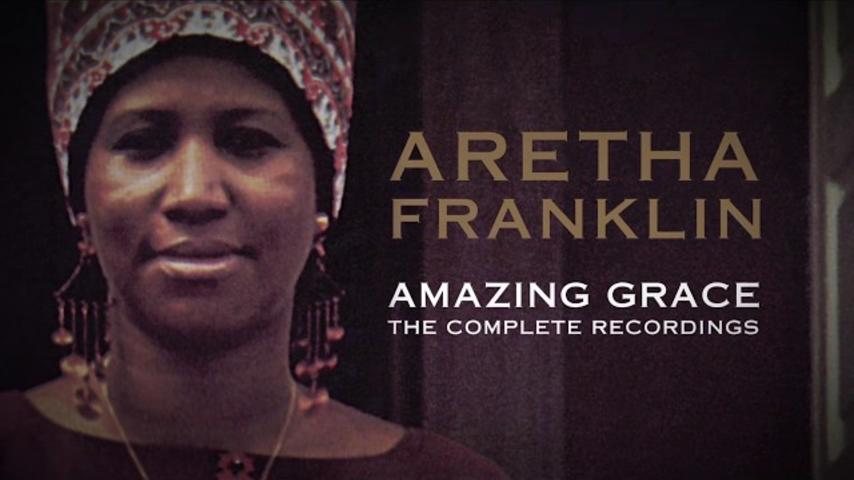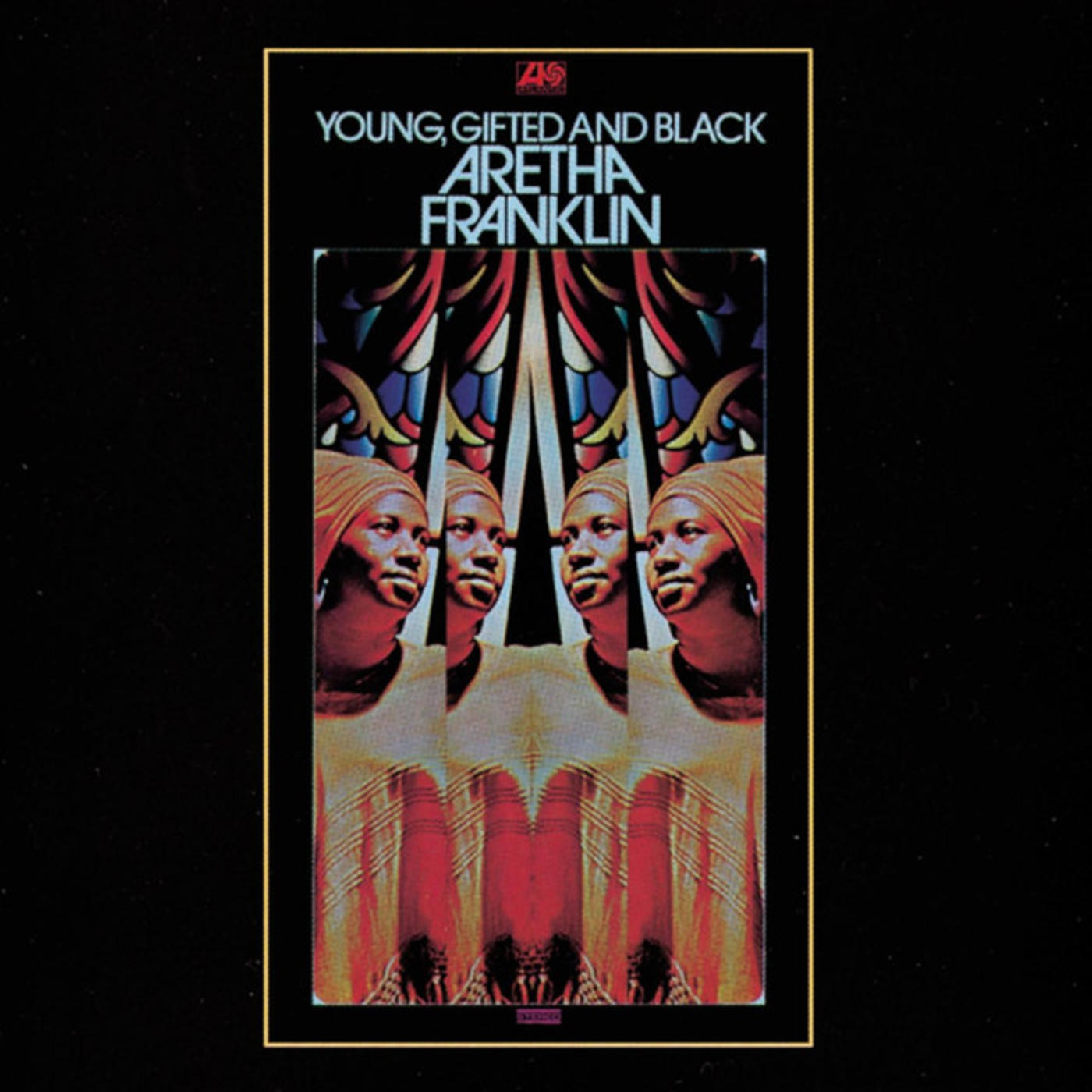January 1972: Aretha Franklin Releases YOUNG, GIFTED AND BLACK

As the 1960s came to a close, the tumultuous social upheavals happening across America had begun to inform the music of the times. For soul legend Aretha Franklin, personal calamities were also taking a toll, as the singer's marriage to manager Ted White had finally been put to rest in 1969.
The recently liberated Franklin was well aware of what was happening on the streets of America, as black citizens tired of systemic racism and police brutality began to fight back against the oppression. The singer marched right into the heart of the country's growing civil rights movement, and her music reflected that evolution.
Launching into the 1970s with the instantly classic Spirit in the Dark in 1970, followed by the brilliant Aretha Live at the Fillmore West in 1971, Franklin was ready to make an even more profound statement with her 1972 full-length, Young, Gifted and Black. Named after the title track, a cover take on Nina Simone's "To Be Young, Gifted, and Black," the album found the singer appearing defiant on the album's cover, resplendent in African inspired clothing and headscarf.
Featuring such musical luminaries as Donny Hathaway, Billy Preston, Bernard Purdie and Dr. John, Young, Gifted and Black found Franklin at the peak of her powers. The singer rolled out a mix of instantly classic original songs, including the smooth R&B single "Day Dreaming," released in March 1972. The crossover hit soared to #5 on the Hot 100 for the week of May 6, 1972. The track shot to #1 on the Hot Soul Singles chart, where it stayed for two weeks.
The uptempo "Rock Steady" was another original Franklin composition that ignited the charts, crashing the mainstream top 10 to peak at #9 on the Hot 100 in November 1971. This one topped out at #2 on the Hot Soul Singles chart.
Young, Gifted and Black also arrived with Franklin taking on a handful of cover songs, breathing new life into the Delfonics' "Didn't I (Blow Your Mind This Time)," and show-stopping take on the Beatles' "The Long and Winding Road" that takes the Lennon-McCartney gem to a black church in inner-city Detroit.
Franklin used the album to showcase a tune from a new songwriter from England: Elton John. The singer closed Young, Gifted and Black with "Border Song (Holy Moses)," originally found on John's very first album, released in April 1970. For an emerging artist, such a heavyweight co-sign went a very long way. It's a moment John never forgot, showcasing the song on his farewell tour, dedicating it to the late Franklin.
“Can you imagine two young writers, white boys from England…We were gobsmacked," John raved during an October 2018 show in Franklin's adopted hometown of Detroit. "In fact, we nearly pissed our pants in sheer delight at the fact the woman we loved so much then and grew to love even more afterward would actually record one of our songs.”
Franklin’s version of "Border Song" hit #37 on the Billboard Hot 100, 55 points higher than John’s original recording.
“I loved her so much,” John told the Detroit audience. “I used to call her on her birthday sometimes and wish her a happy birthday, to say thank you — not just for being Aretha, but for every piece of music she made that inspired me.”
Released January 24, 1972, Young, Gifted, and Black was a resounding success, climbing the Billboard 200 to peak at #11 for the week of April 15, 1972. It reached #2 on the Top R&B/Hip-Hop Albums charts over the week of March 25, 1972.



